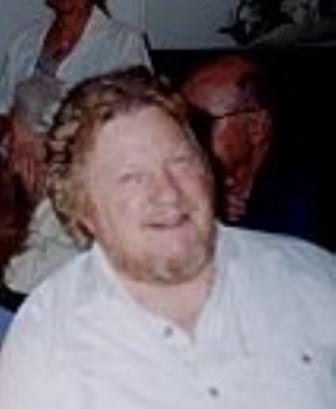The family of late “True Blood” actor Nelsan Ellis says the actor was attempting to withdraw from alcohol leading up to his death on Saturday.
In a statement to The Hollywood Reporter, Ellis’s family — via his manager Emily Gerson Saines — said they were prompted to share the details of the 39-year-old’s death in hopes of helping others struggling with addiction.
“Nelsan has suffered with drug and alcohol abuse for years. After many stints in rehab, Nelsan attempted to withdraw from alcohol on his own,” the statement said. “According to his father, during his withdrawal from alcohol he had a blood infection, his kidneys shut down, his liver was swollen, his blood pressure plummeted, and his dear sweet heart raced out of control.”
Ellis, who played tell-it-like-it-is medium Lafayette on the HBO vampire drama, spent four days in the hospital leading up to his death on Saturday, which was initially said to be from heart failure.
“Nelsan was ashamed of his addiction and thus was reluctant to talk about it during his life,” the statement added. “His family, however, believes that in death he would want his life to serve as a cautionary tale in an attempt to help others.”
In the aftermath of his death, Ellis was remembered on social media by co-stars and friends in Hollywood.
“True Blood” creator Alan Ball remembered the actor as “a singular talent whose creativity never ceased to amaze me.”
Star Anna Paquin paid tribute to Ellis in a lengthy Instagram post.
“Nelsan inhabited characters that bore no resemblance to himself in a way that put him in that tiny category of true virtuoso performer,” she wrote. “His ability to transcend and channel anything and everything thrown at him was inspiring and beautiful to watch.”
Paquin’s husband and actor Stephen Moyer, whom she met on “True Blood,” remembered filming an iconic scene with Ellis in which Lafayette waxes poetic about men’s fear of the female anatomy, which left the crew in stitches.
“I think it would be fair to say that he taught all of us that intent and courage and fearlessness and freedom are the aspects of playing make-believe that spark the corners of the room where the dark is most impenetrable; to shine a light on those corners within ourselves is the very reason we go back time and again to Movies, TV shows and Theatre,” Moyer wrote.



